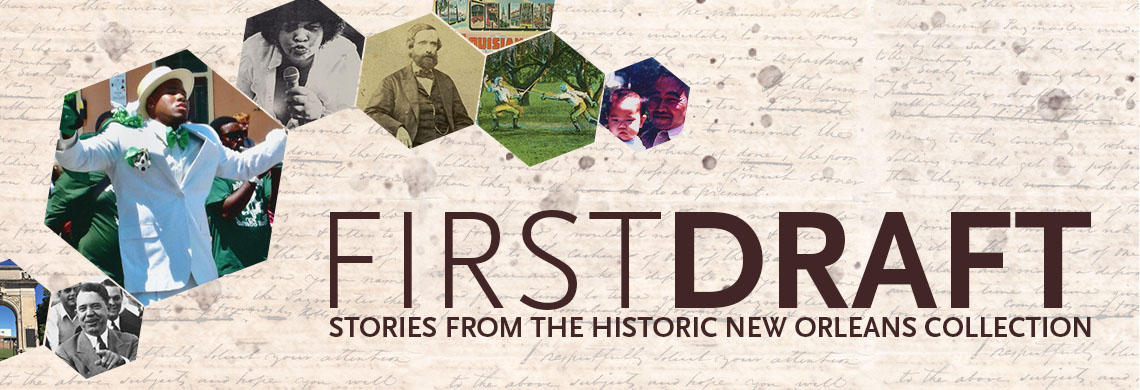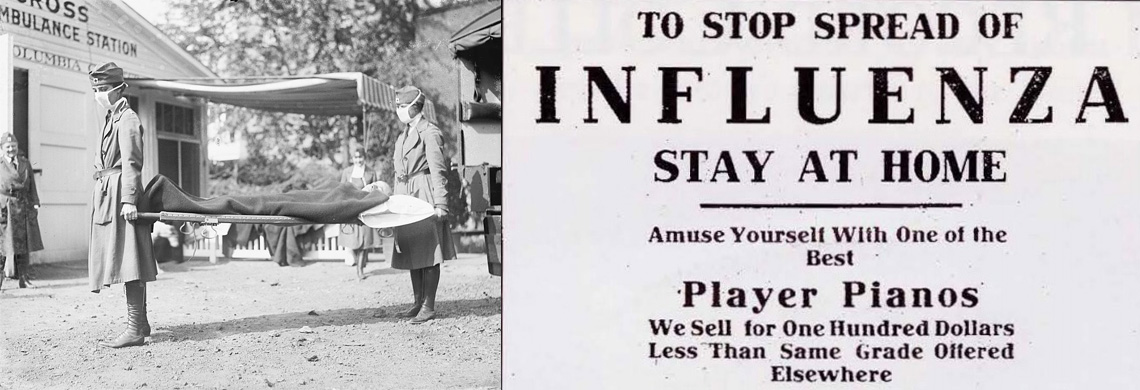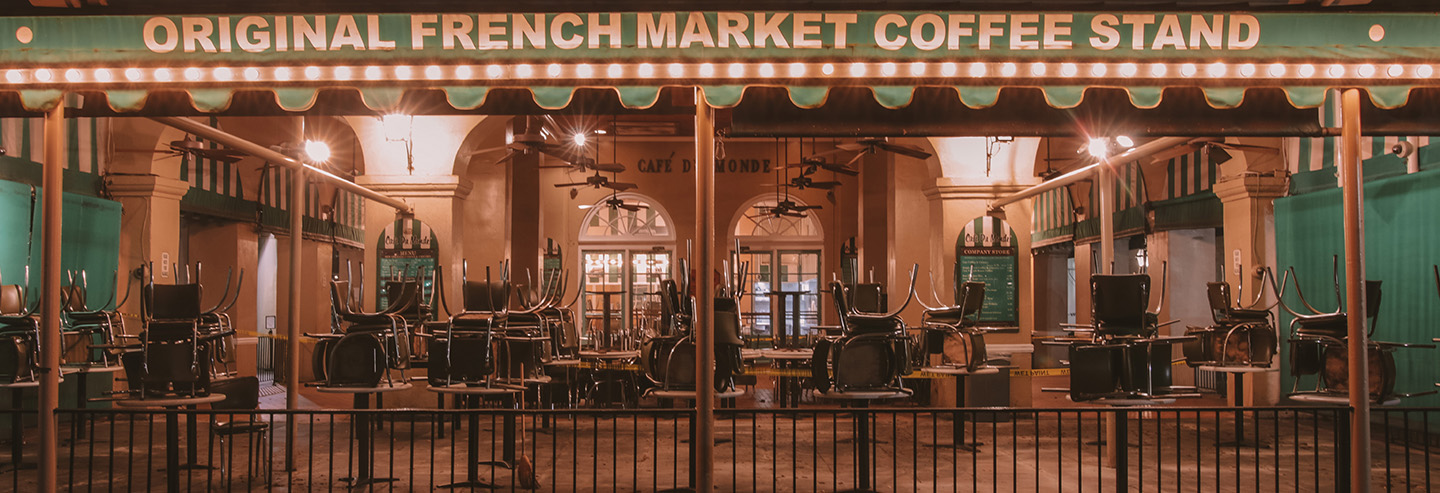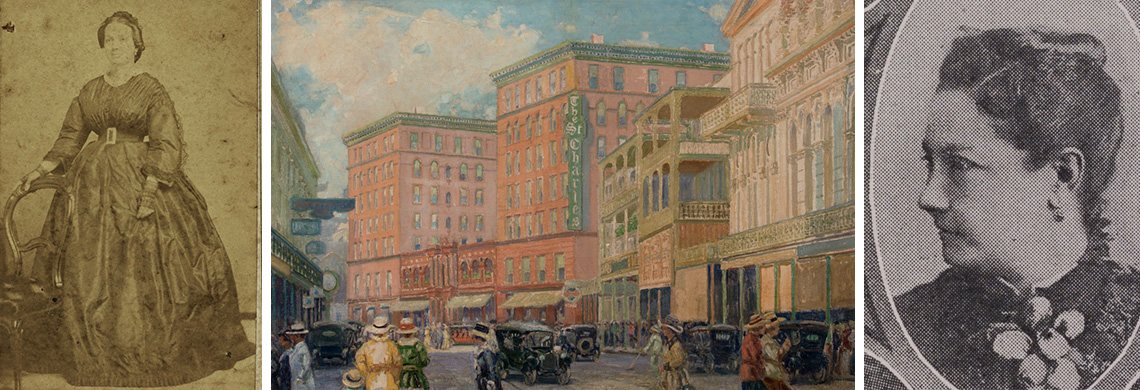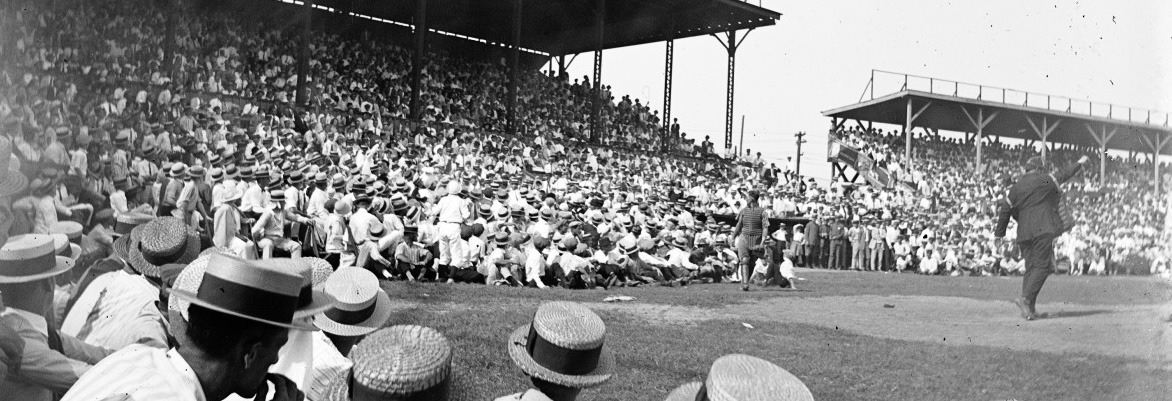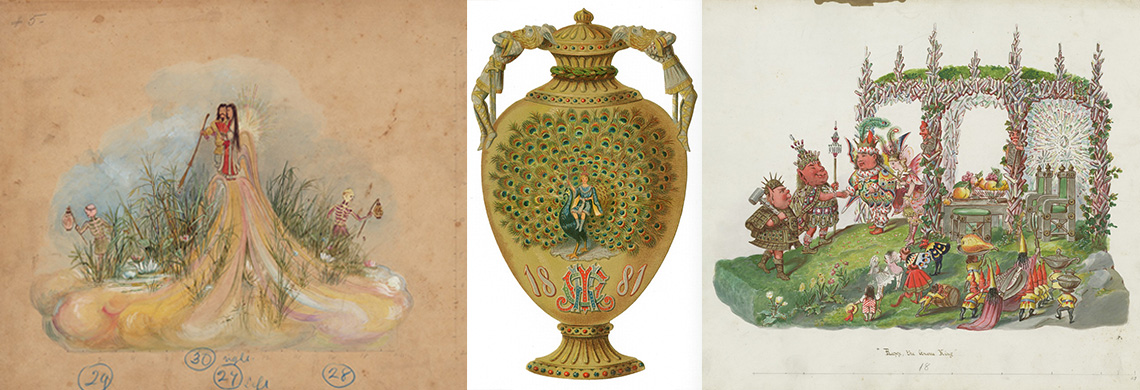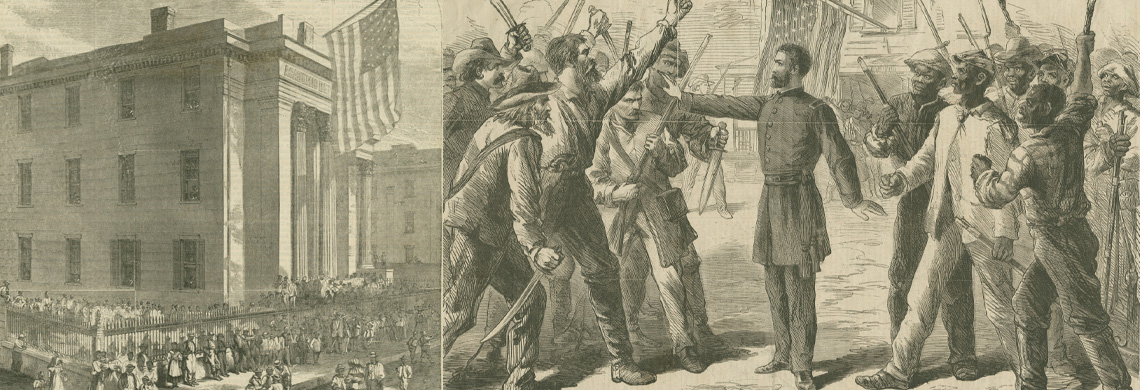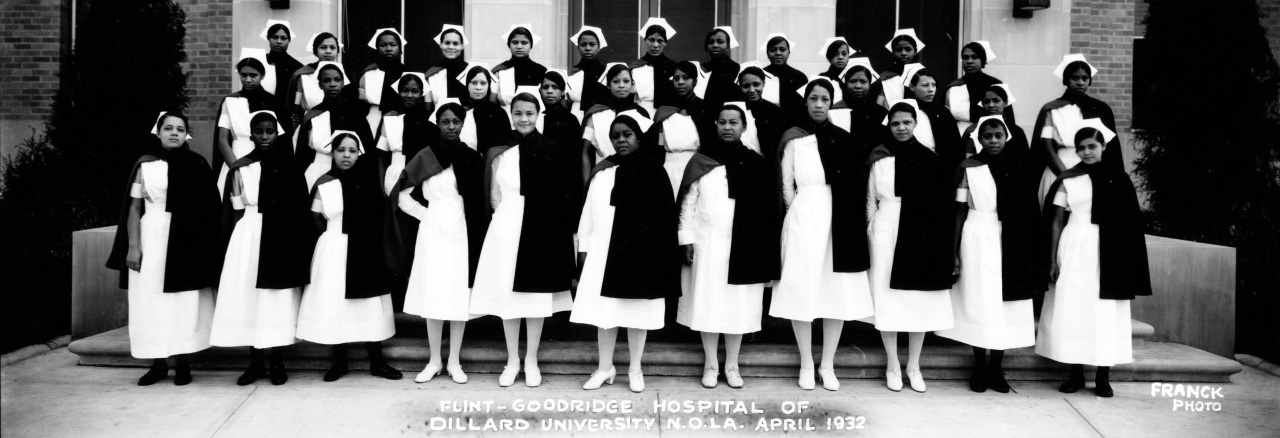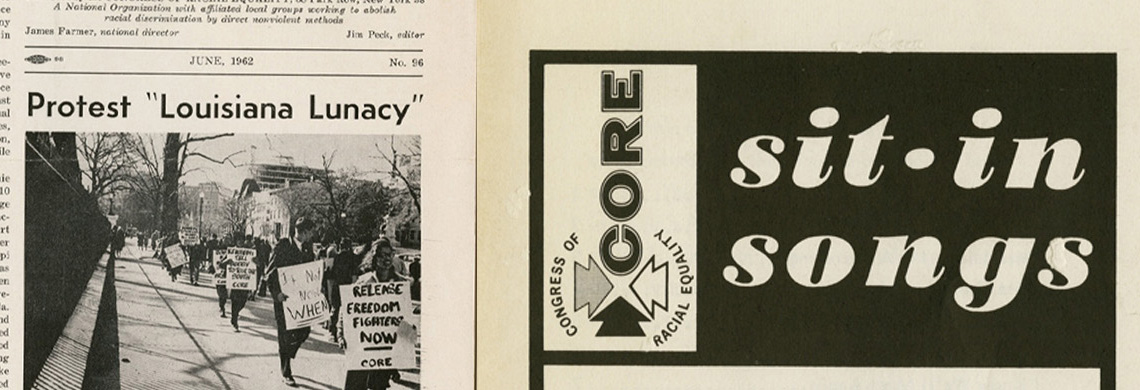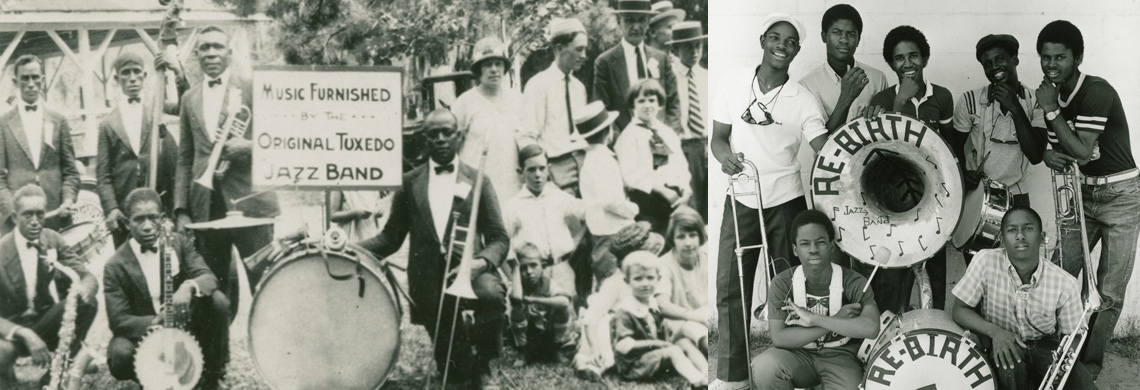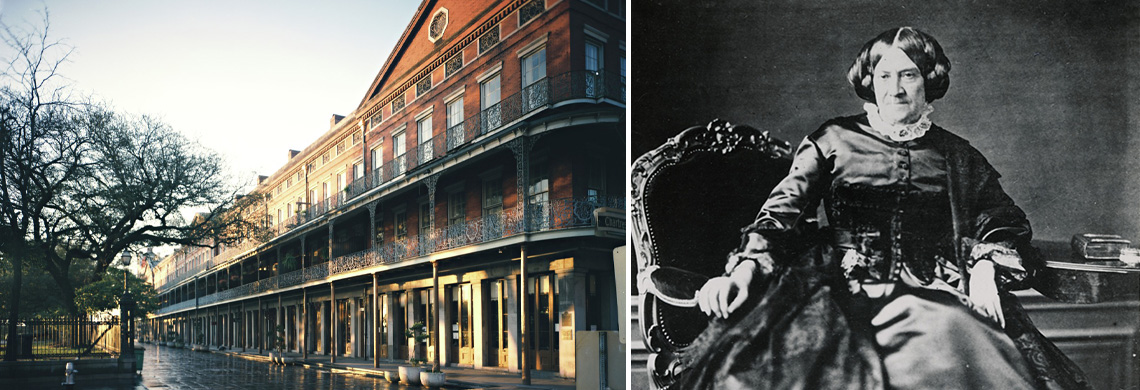As New Orleans reels under the global outbreak of the new coronavirus, lessons from a 100-year-old pandemic have come back with a new urgency.
Here in New Orleans, which has one of the highest concentrations of COVID-19 cases in the country, we are adjusting to this new reality of life during a pandemic. This is how we're documenting it.
In the summer of 1920, after decades of fighting, the 19th Amendment to the US Constitution was officially ratified, removing sex as a basis of voting rights. The fight started long before that, and it included many Louisianans.
New Orleans has had a long relationship with America's pastime, even if it has no current team. Still, our baseball fields have lent innovations, hall of famers, and one jazz-legend-turned-team-owner to the annals of the sport.
Mardi Gras as we know it began in New Orleans in the second half of the 19th century, and the mythology that krewes chose for their parade themes reflects larger stylistic and sociopolitical currents of the time.
The Freedmen's Bureau was established, in part, to provide for the education of African American children. Records show that demand for that service was often too much for the system to handle.
During Reconstruction, Williams became actively involved in the fight for equity in education and the rights of African American women.
In 1950's and '60s New Orleans, the Congress of Racial Equality used nonviolent tactics to press for racial equality guaranteed under federal law.
Brass bands sprang up in the mid 19th century by playing the popular music of the day. Since then, local bands have incorporated jazz, funk, bebop, and hip hop into their repertoires.
The Baroness de Pontalba survived gunshot wounds and left her husband in France before constructing two of New Orleans's most iconic structures.

